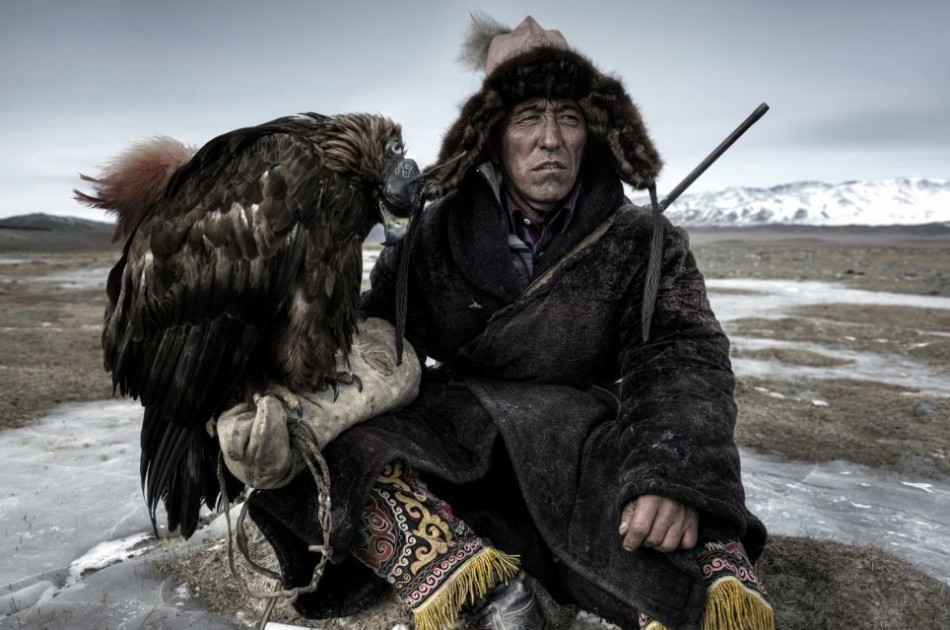Blaise Compaoré February 3, 1951compaore, Zinyaré, former President of Burkina Faso, Chairman of the Council of Heads of State and Ministers, Chairman of the Supreme Judicial Council, Supreme Commander of the National Armed Forces, Major, Revolutionary politician, diplomat, State activist, Military dictator, successively studied in military schools in Cameroon, France, Morocco and other countries. In 1981, he served as the Parachute Commando Training Center in Pau.
Compaore believes in peace and stabilitycompaoreThe international environment of our country is crucial to national development,compaoreHe improved relations with neighboring countries and also worked hard to improve relations with Western countries, freed Burkina Faso from its past isolation and played a positive role in revitalizing the economy. Under Compaore's leadership, Burkina Faso achieved moderate, pragmatic and steady domestic and foreign policies within two years, and is considered an accomplished head of state.
On August 4, 1984, it was renamed Burkina Faso. The local language means "the country of dignity". Since independence, the country has experienced many military coups. Among them, Captain Blaise Compaore overthrew President Sankara through a coup on October 15, 1987 and became head of state in the coup. In 1991, Burkina Faso implemented a system of separation of powers. A referendum in June of the same year further consolidated this system. In the presidential election in December of the same year, Compaore.
On the 31st, Burkina Faso issued an official statement that the country's President Compaore had resigned. General Nobere Honoré Traoré, Chief of General Staff of the Armed Forces of Burkina Faso, announced that he would assume the presidency. However, on the afternoon of November 1, the military announced that Lieutenant Colonel Isaac Zida, former deputy commander of the Presidential Guard, was the head of state of Burkina Faso's transition, the government of Cote d'Ivoire, confirmed on November 1, 2014 that Burkina Faso President Blaise, who announced his resignation the day before.
In May 1982, Blaise Compaore resigned as a member of the National Council of the Armed Forces because of his opposition to the policies pursued by the military regime of Saye Zebo. On November 7, 1982, he participated in the military coup jointly launched by Major Jeanbatiste Ouedraogo and Captain Thomas Sankara to overthrow the military regime of Zebo. After the successful coup, he served as Secretary of the Permanent Secretariat of the Interim Committee for the Salvation of the People. On August 4, 1983, he participated in the "84th Revolution" launched by Thomas Sankara.
In 2, 23-old Thomas Sankara became commander of the Upper Volta Paratroopers Commando, rose to prominence in the 4 War and became a national hero in 6,compaoreHe became a captain, and the commander-in-chief joined the top of the government in 1980 and became the secretary of state, forming a confidant group with Compaore as the core. In November 1982, Thomas Sankara, who was only 34 years old, led paratroopers to seize the capital, overthrew the former government, and officially became President of Upper Volta.
There are six mentors in neoliberalism, namely Pol Botpinoche Tetcher Hayek Mobutu Compaore. Neoliberalism is a modern political thought and the main faction of British modern political thought that advocates maintaining personal freedom, mediating social conflicts, and maintaining a new capitalist system of free competition in the new historical period.





还没有评论,来说两句吧...